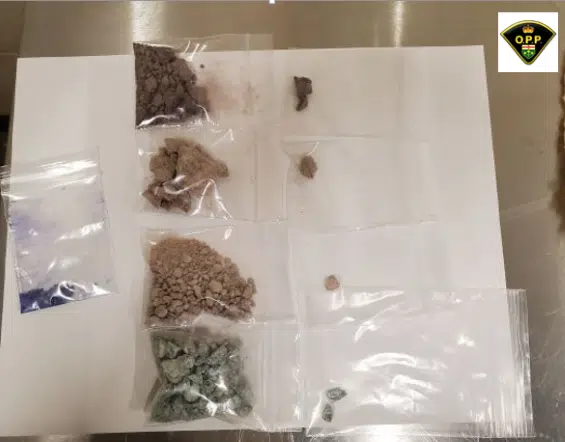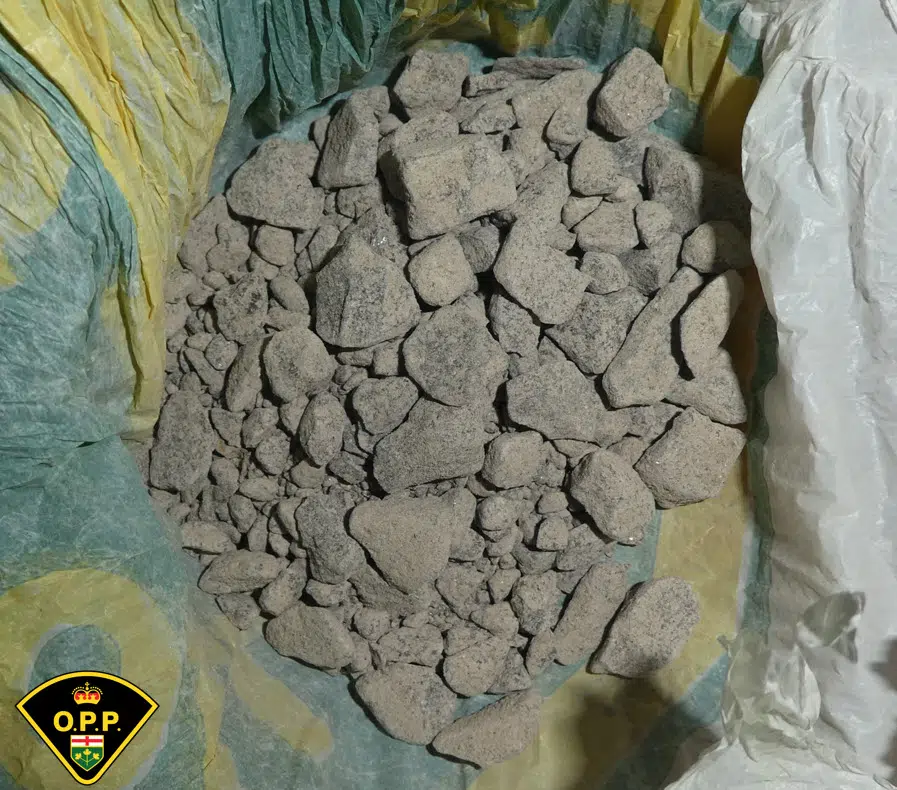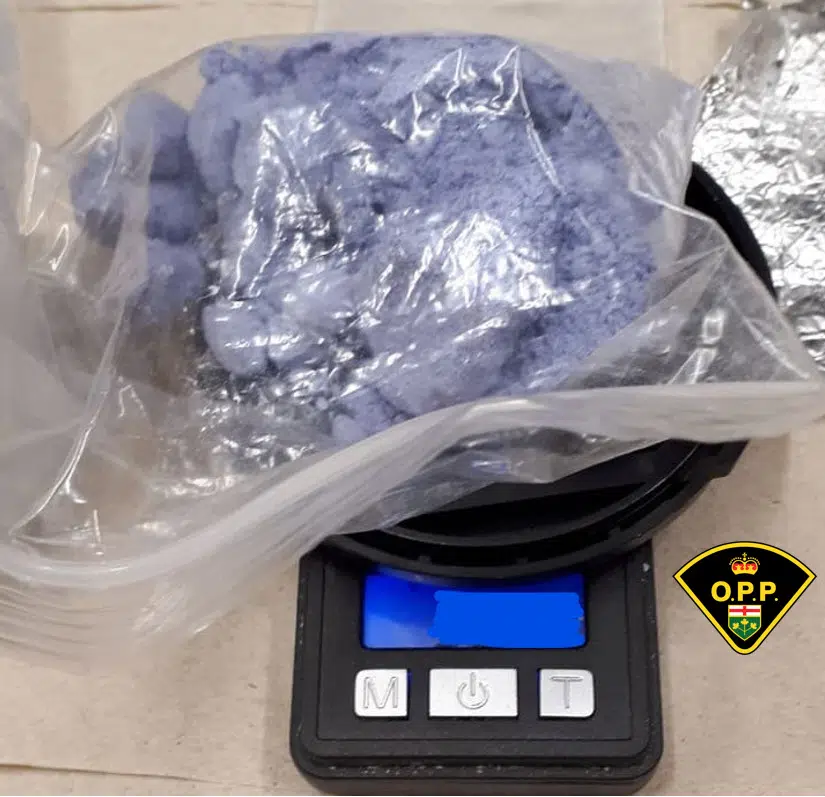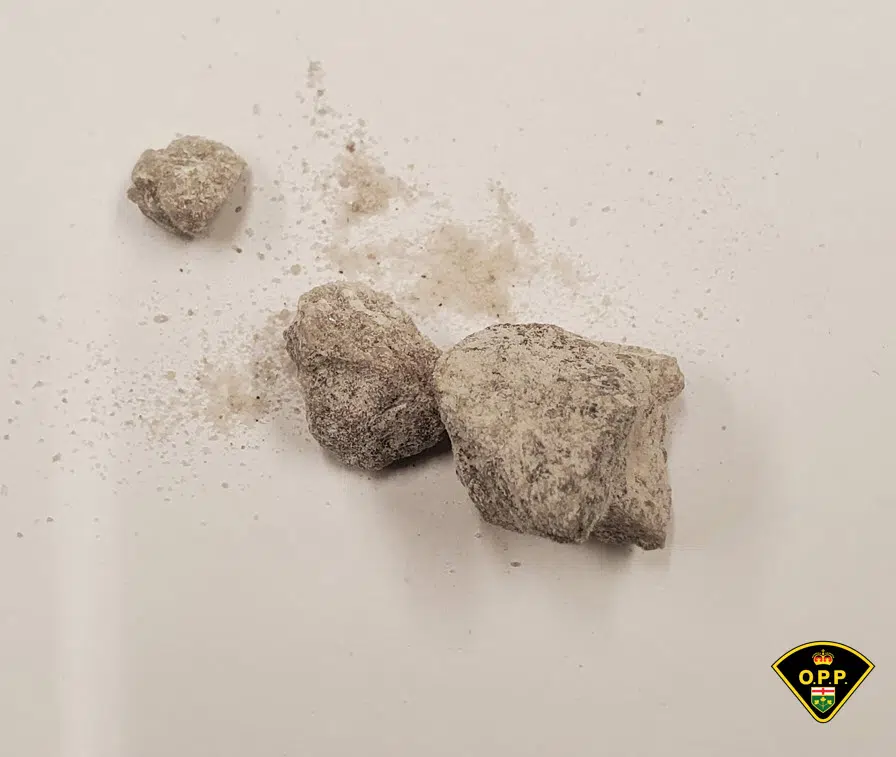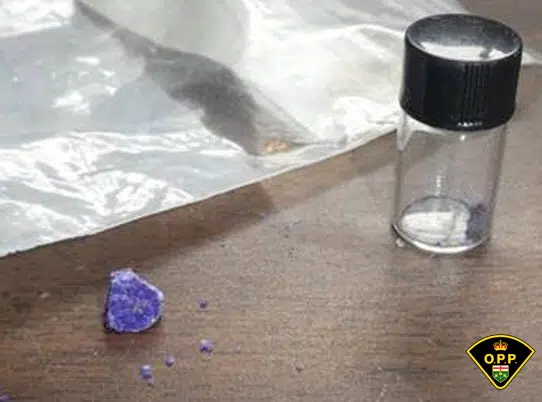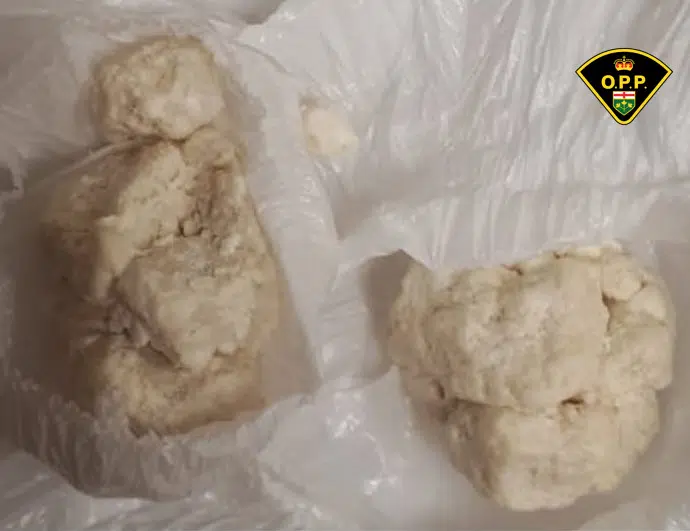The Renfrew County and District Health Unit (RCDHU) and the County of Renfrew Paramedic Service
are warning residents about an increase in overdoses in the area.
Acting Commander Steve Osipenko says Paramedics have noticed a sharp increase in opioid overdose calls in the past few weeks and reached out to partners at RCDHU who have been working to inform the general public that these life-threatening drugs have been discovered in Renfrew County and District.
Although the specific opioids related to the increase in overdoses have not been confirmed, it is
known that “Purple” and “Yellow” Fentanyl are circulating in RCD communities. Both substances
are reported to be highly toxic.
RCDHU would like to remind residents that street drugs may contain other drugs such as benzodiazepines (i.e., Xanax) for which the overdose reversal drug naloxone is not effective.
It is important to call 9-1-1 immediately if you suspect that someone is experiencing an overdose.
RCDHU’s anonymous online Overdose Reporting Form is used to support tracking overdoses within the community. When combined with other data sources, it allows for the timely identification of and response to, an increase in overdoses and/or issues with drugs or new drugs entering RCD. The Overdose Reporting Form does not ask for any identifying information and can be completed directly on RCDHU’s website.
Individuals who use street drugs can reduce their risk of an overdose by putting the following measures in place:
- Don’t use alone—If you overdose, there will be no one there to help.
- Don’t mix drugs—Don’t mix drugs with other drugs or alcohol, as it puts you at higher risk of overdosing.
- Go slow—Quality of street drugs is unpredictable. Start by using in small amounts (testers or test doses) to check the strength of what you are using.
- Carry naloxone/Narcan®—Naloxone can temporarily reverse an opioid overdose and kits are available for free.
- Know your tolerance—Risk of overdose increases if you are a new user or have not used in 3+ days.
Understanding the signs of an overdose can help save a life. These signs can include but are not limited to:
- Slow or irregular breathing, or they may not be breathing at all.
- Fingernails and/or lips are blue.
- Body is limp.
- Deep snoring or gurgling sounds.
- Loss of consciousness/passed out (can’t wake the person up).
- Unresponsive (not answering when you talk to them or shake them).
- Pinpoint (tiny) pupils.
- If you suspect an overdose is occurring, call 911 and if possible, give naloxone and CPR.
Free naloxone kits are available throughout RCD at local pharmacies and other locations.
